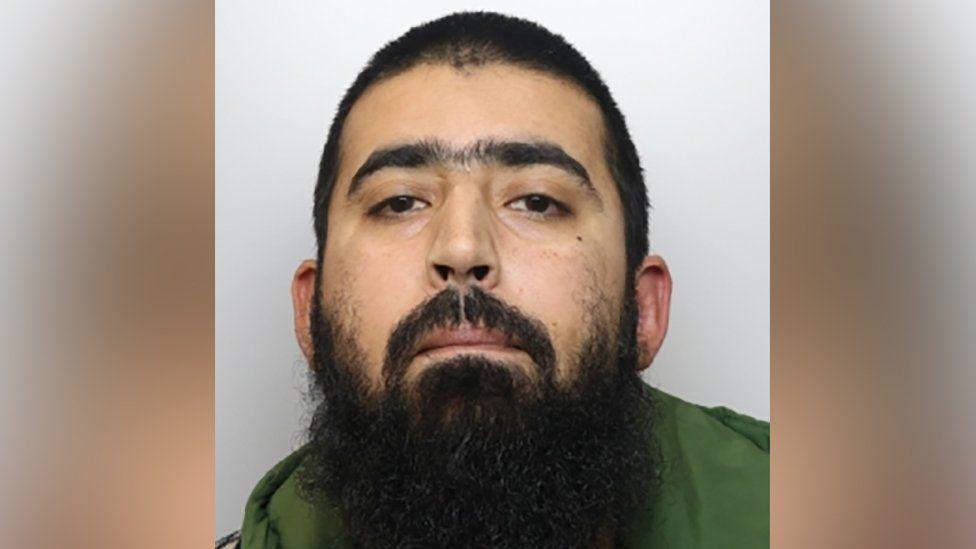Scale of Rotherham abuse shocked man who exposed it
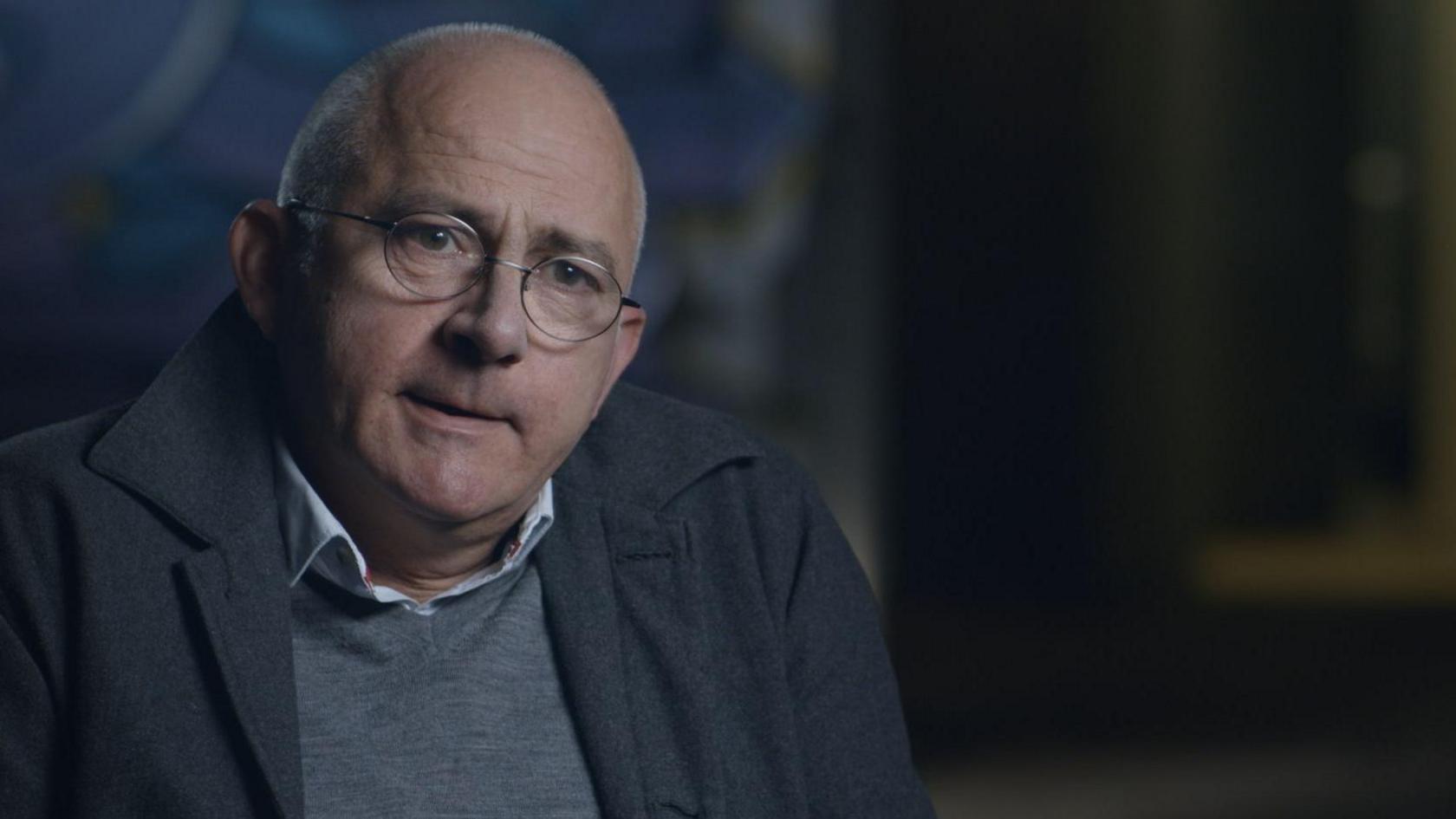
Andrew Norfolk was the journalist who exposed the Rotherham grooming gangs
- Published
The journalist who uncovered the Rotherham grooming gangs scandal has said that even he massively underestimated the scale of the abuse.
Andrew Norfolk told the BBC on the 10th anniversary of the Jay Report that he had "absolutely no idea" it would name 1,400 girls as victims before the figure was announced at a bombshell press conference.
Mr Norfolk had been putting pressure on Rotherham Council and South Yorkshire Police to answer questions about child sexual exploitation by predominantly Asian men since he started receiving tip-offs in 2011.
His subsequent investigation for The Times had "seismic" ramifications and led to a major inquiry.
'Sub-human species'
Looking back at the impact of Professor Alexis Jay's findings in 2014, Mr Norfolk said that the outcome of his investigative work proved the value of the "mainstream media" in exposing crime and the failings of authorities.
He admitted that he had had to balance his instinct to reveal the abuse with concerns that the story's publication would both stoke the reaction of the far-right and lead to accusations of racism.
"If you’d asked me the day before that press conference how many young teenage girls had been groomed and exploited in Rotherham over the time period the report covered, I would have guessed 150,” he said.
He was “staggered” to hear Prof Jay reveal how 1,400 girls had been abused, trafficked to other cities, or had petrol poured on them.
“They were treated like sub-human species for the pleasure of these men,” he added.
Mr Norfolk had first identified a "pattern" of Pakistani-heritage grooming gangs exploiting white girls in the north of England and the Midlands in 2010, but came up against a "conspiracy of silence" when he tried to elicit responses from police forces and councils.
He said that hearing Prof Jay explicitly refer to the perpetrators' ethnic backgrounds was an "extraordinary" moment.
“It was so hard-hitting, she didn’t mince her words. The response was seismic across the world.”
He added: “When the leader of Rotherham Council was asked by the Home Affairs Select Committee why it had ordered that inquiry, he said: ‘Because The Times wouldn't leave us alone’. That in itself, in 35 years of journalism, is vindication for being a journalist.”
'Difficult to cover'
The Times had been called racist and Islamophobic for pursuing the investigation.
“It was a very difficult story to cover because it was a story about white British girls, aged typically between 12 to 15, being groomed and abused by men who, as the pattern seemed to become more clear, were overwhelmingly of Pakistani and Muslim heritage,” he said.
“It's not fun being regarded as somebody with abhorrent views, when in your heart, you know the opposite is the case.”
There were also fears about how far-right groups would react to the story, which did eventually lead to protests and marches descending on Rotherham.
“It was a dream story for the far-right,” he said.
“They had no interest in solutions, they were interested in exploiting the situation."
Ten years on, tensions remain in the town and recently came to the fore at the Holiday Inn Express in Manvers, near Rotherham, when a riot broke out outside the hotel, which housed asylum seekers, in the wake of the Southport knife attack.
“There is such a danger in allowing people to blame ‘the other’, especially when your life itself isn't great,” he said.
'Full-time job'
Mr Norfolk first became aware of cases in West Yorkshire when Ann Cryer, at the time the MP for Keighley, publicly raised concerns about the abuse of two girls in her constituency.
“I'd noticed a handful of cases from local newspaper reports. Initially, I wanted to look away, which is shame on me, but then one particular incident happened.”
Mr Norfolk heard a BBC radio report from Manchester Crown Court about nine men who had been convicted of offences against a 14-year-old girl who lived in a care home. He discovered the men were Asian.
His editor granted him five months to research the cases across the north. In January 2011, The Times ran its first story.
Days later, a concerned Rotherham grandfather contacted him and told him his 12-year-old granddaughter had been found drunk and half-naked, with a group of Asian men. When police attended the house, the schoolgirl was arrested for being drunk and disorderly.
This was a “key introduction” into how girls and their parents had been so badly let down in the town.
“It became my full-time job until we felt everybody knew what was happening, the system had been changed and the perpetrators held to account”, he added.
'Thanks to journalism'
In 2012, grooming victim "Amy’s" story was the first of several Rotherham case studies to be published in the newspaper. Her confidential files given to Mr Norfolk detailed how authorities had failed to respond after she reported being abused by 10 men, who were eventually jailed in 2018.
“We'd thought when that story was published, Rotherham Council and South Yorkshire Police would have to respond by saying, ‘this is appalling, we will take action',” he said.
“Instead, what they did was ask South Yorkshire Police to launch a criminal inquiry into who had leaked the material to me. They remained in total denial and were telling us they were a model example of how to deal with child sexual exploitation - and so we just carried on.
“A year later, another very brave young woman contacted me. She was being serially abused by a man who is now serving a 35-year prison sentence.”
Mr Norfolk said he was proud of the legacy of his investigation, which resulted in child sexual exploitation being made a national policing priority.
He believes authorities no longer "shy away" from tackling the problem, even if it had not been eradicated.
“It’s thanks to journalism. Sometimes the most difficult stories are the ones that only journalists can tell. People turn to the "mainstream media" when they've tried everywhere else and the people who should have been helping, didn't.”
Lessons learned
The government said lessons had been learned from "past mistakes" around the handling of abuse.
Jess Phillips MP, the new minister for safeguarding and violence against women and girls, said: “My heart goes out to the brave survivors from Rotherham and other communities. I have met many of these victims and worked with them over the years I have been involved in the issue of grooming and sexual exploitation. They must live not only with the unimaginable horror of what happened to them as children, but with the woeful failures and indifference of the adults who were supposed to protect them.
“In the decade since Prof Jay’s report was published, we have seen some positive strides on addressing her recommendations. For example, the work of the Child Sexual Exploitation Taskforce which has led to hundreds of arrests and helped to identify and protect thousands of victims. But much remains to be done.
“Everyone who is responsible for children must learn from past mistakes. I am committed to working with the police and wider partners to identify more perpetrators of these heinous crimes and bring them to justice. I want to ensure child and adult survivors are treated with compassion so they feel safe and believed; that authorities take these types of reports seriously; and that victims and their families can access the support they need.”
- Published26 August 2024
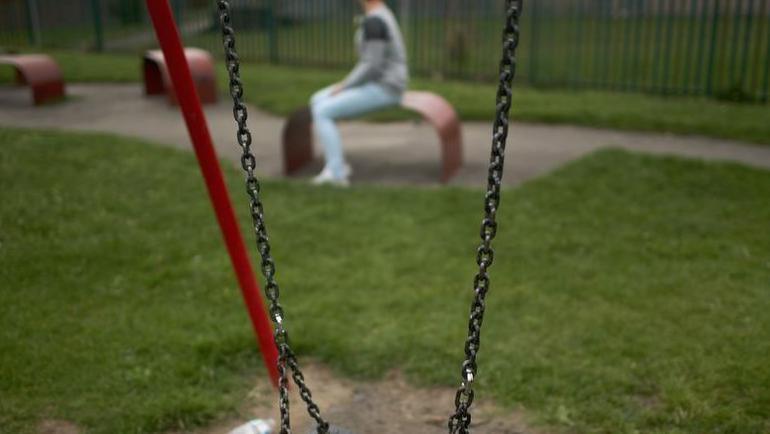
- Published26 August 2024
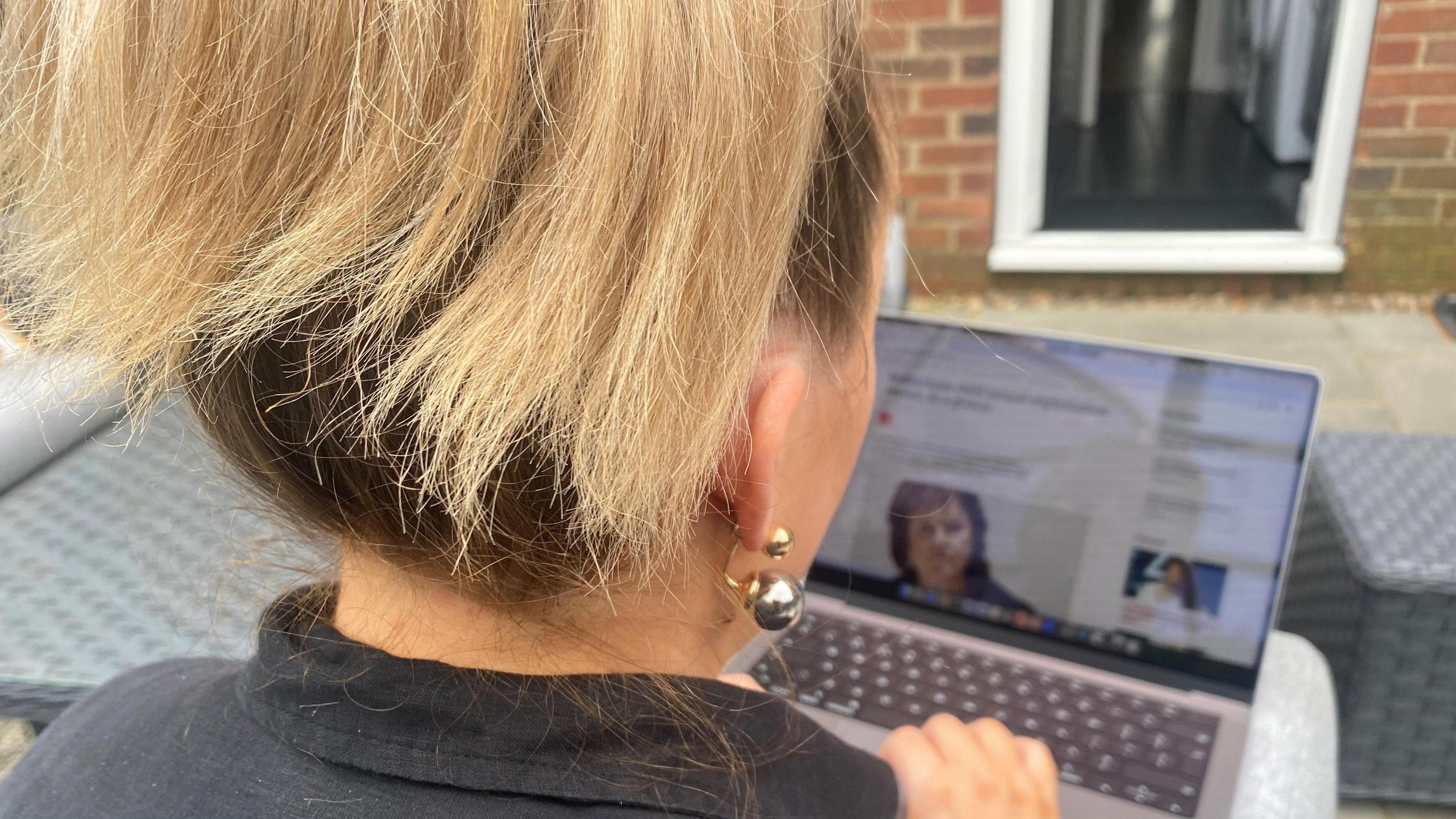
- Published23 July 2024
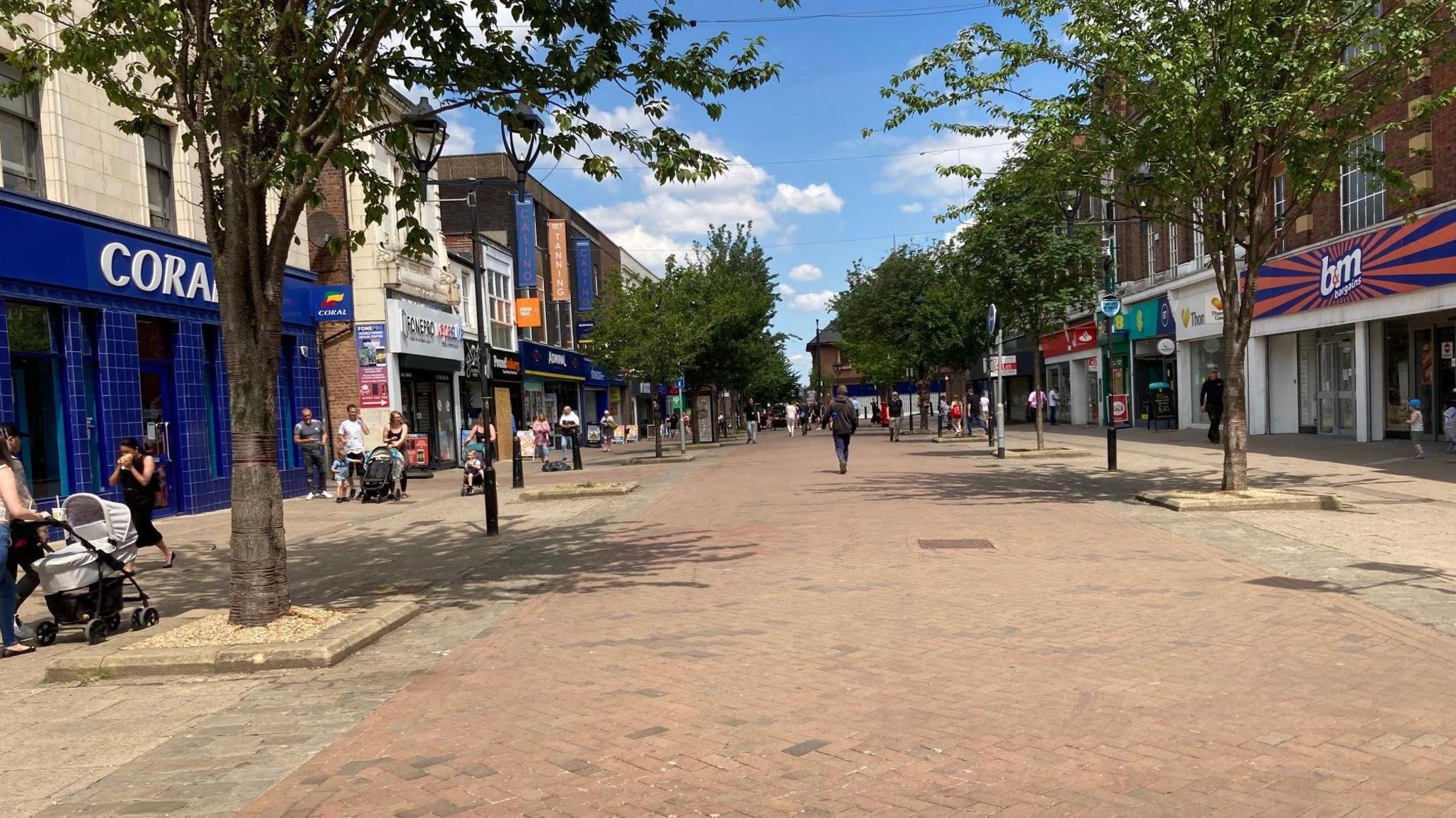
- Published11 July 2024
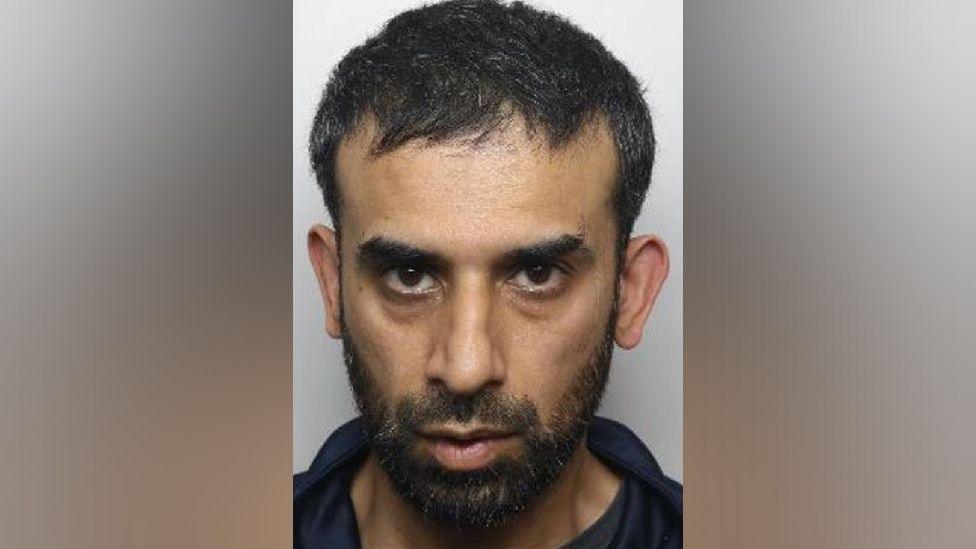
- Published24 May 2024
